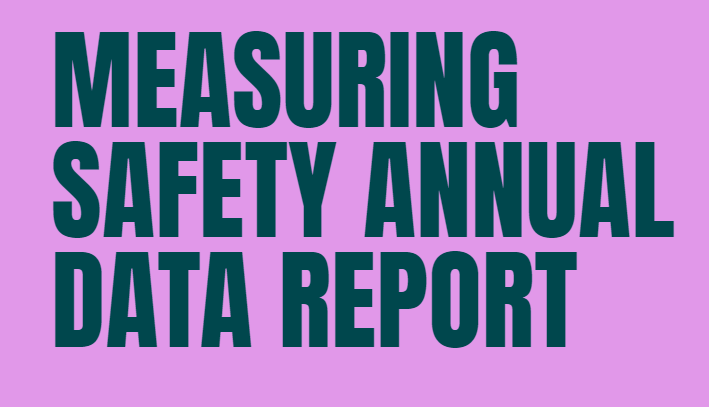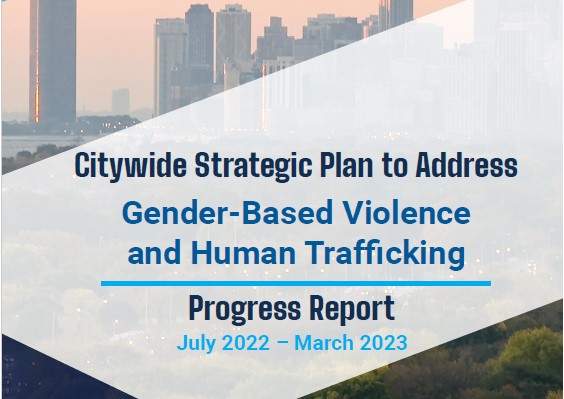Gender Based Violence News
-
June 24, 2024 - Statement from Mayor Brandon Johnson on the Anniversary of Dobbs V. Jackson Women's Health Organization (English)
 New Request for Proposal
New Request for Proposal

The City of Chicago’s Department of Family and Support Services (DFSS) Division on Gender-Based Violence is pleased to announce the release of the Training & Education on Gender-Based Violence and Human Trafficking RFP#29563. This RFP seeks to provide training and education on gender-based violence (GBV) and/or human trafficking (HT) that is tailored for institutions with staff who work directly with community members.
The Chicago Department of Family and Support Services (DFSS) is seeking to fund 2-4 qualified trauma-informed service agency(ies) that have a demonstrated history of working in the community with GBV/HT survivors and developing and executing awareness and prevention trainings to educate and prevent future harm.
The term of contract(s) executed under this RFP will be from January 1, 2025– December 31, 2026. Based on need, availability of funds and contractor performance, DFSS may extend this term for up to one additional year. Continued support will be dependent upon the selected Respondent’s performance and the continued availability of funding. We anticipate available funding to be $150,000 to $300,000 for each contract year. DFSS anticipates funding 2 to 4 agencies.
For more information, please refer to the application posted on the City of Chicago’s eProcurement page under current bids
Training & Education on Gender-Based Violence and Human Trafficking RFP#29563
is now available on the City of Chicago’s eProcurement page
as of Tuesday, November 12, 2024.
Applications are due on Tuesday, December 10, 2024, at 12:00 NOON CST.
Proposals must be submitted via online application.
E-mailed or faxed proposals will not be accepted.
A Pre-Proposal Webinar will be held on Friday, November 15, 2024, at 10:00 a.m. Attendance is not mandatory, but is advised. Please register prior to the webinar start at https://us02web.zoom.us/webinar/register/WN_3HADIaZdRv-ejEnCTYlItQ
A link to the completed Webinar will be available online at the DFSS website after the time and date listed above for those who cannot attend at the live scheduled time. The purpose of this pre-submittal event is to clarify the RFP process and the scope of the required services.
For more information see here.
 Strategic Plans & Reports
Strategic Plans & Reports

 |
Annnually, city partners at The Network: Advocating Against Domestic Violence (The Network) publishes Measuring Safety to assess experiences of gender-based violence and responding service providers in Illinois.The goal of each report is to learn from survivors and providers about the nature of violence, the gaps in services and systems, and the steps needed to repair harm as well as prevent futher violence. The insights provided in this report serve as a blueprint for public and private stakeholders to invest in services, programs, policies, and systems-change that increase safety for survivors. |
 |
City of Chicago’s Progress Report (July 2022 - March 2023)for the Citywide Strategic Plan to Address Gender-based Violence and Human Trafficking.ARCHIVED REPORTSCity of Chicago’s Bi-annual Progress Report (September 2021 – June 2022)for the Citywide Strategic Plan to Address Gender-based Violence and Human Trafficking.Summary of Progress (September 2021 – June 2022) |
